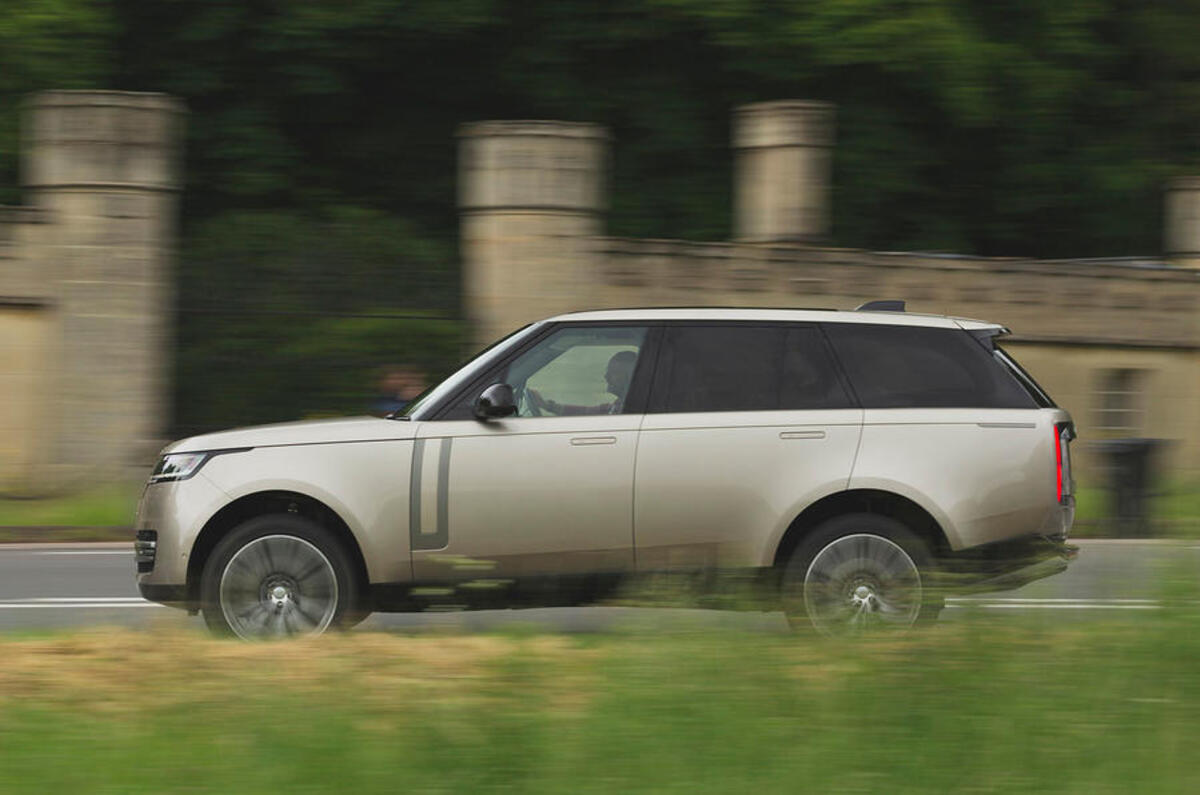Picture Jaguar Land Rover (JLR) as a farmer, watching his crops shrivel while on the horizon a rain cloud moves frustratingly slowly towards his fields. Replace rain with cash and that’s the situation JLR has been suffering between March and June.
JLR lost over a half a billion pounds in the three months to the end of June, according to its latest figures, primarily because it was too slow building the new Range Rover and Range Rover Sport.









Add your comment